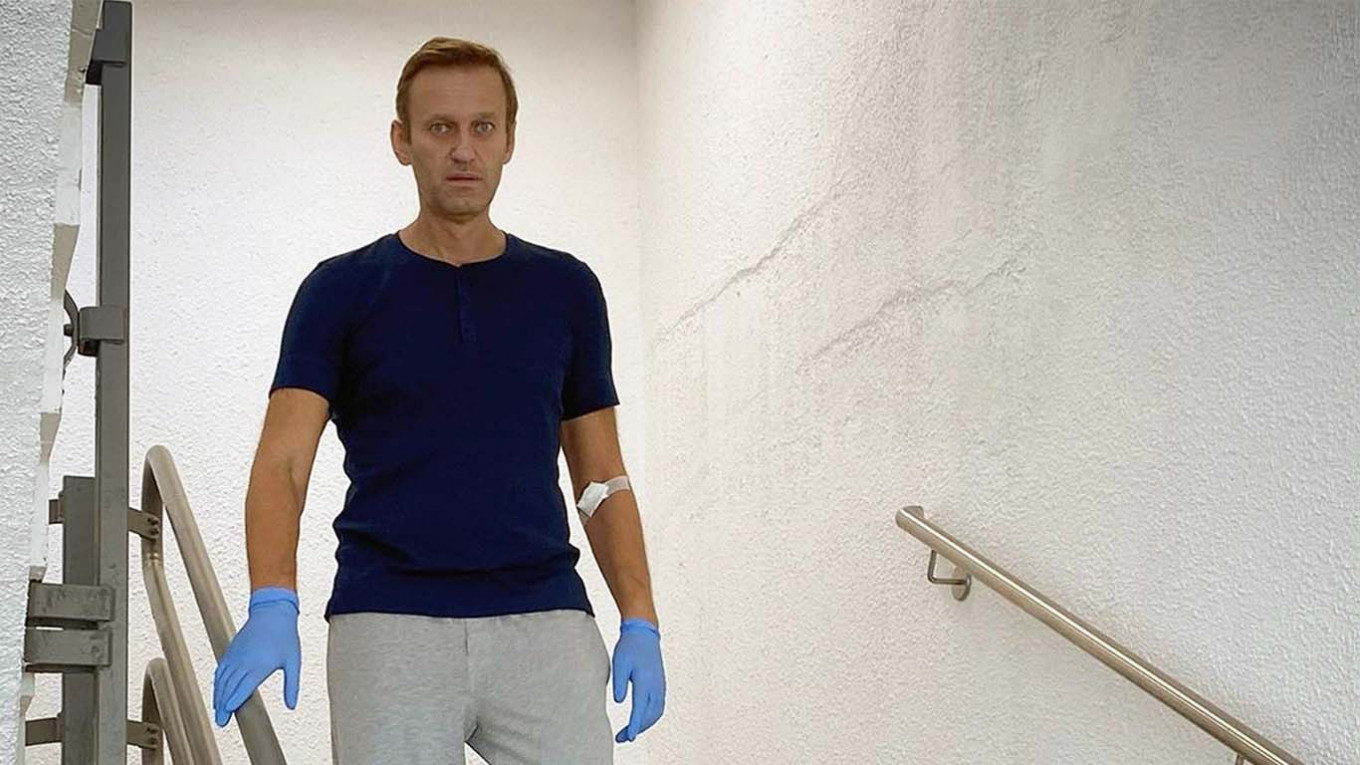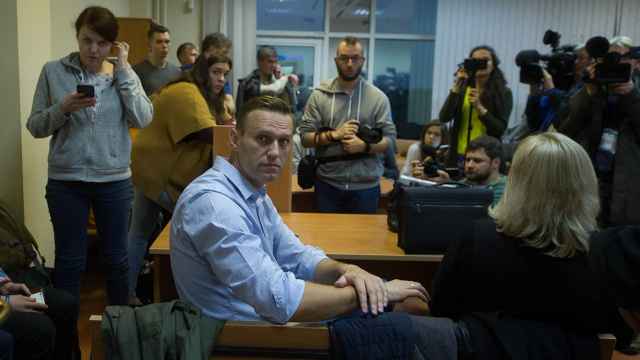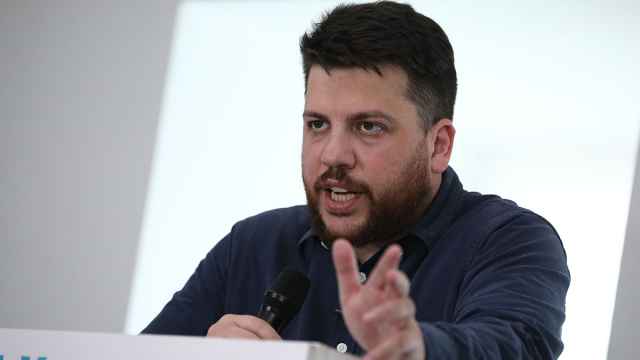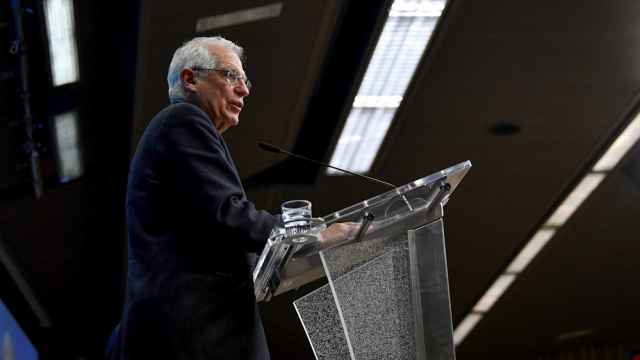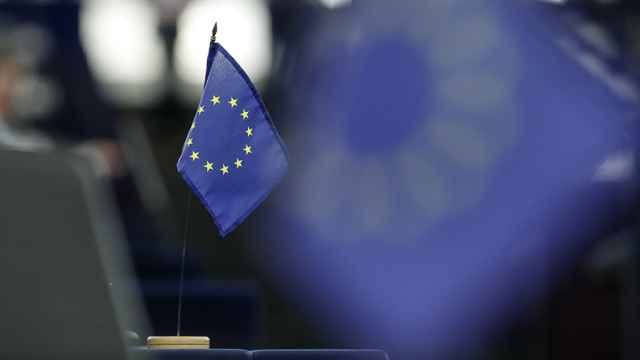The EU on Wednesday agreed to impose sanctions on six people and one entity over the poisoning of Russian opposition leader Alexey Navalny with a Novichok nerve agent, diplomats told AFP.
Ambassadors from the 27 EU countries approved sanctions after France and Germany proposed measures last week, saying Russia was responsible for the poisoning.
In line with usual EU practice, those targeted by the sanctions — travel bans and asset freezes — will not be named until the measures take legal effect on Thursday, but they are likely to be Russian officials.
Paris and Berlin said last week they wanted to target individuals "based on their official function" and an entity "involved in the Novichok program."
European powers have repeatedly asked Moscow to investigate the poisoning, which took place on Russian soil, but in a joint statement last week the French and German foreign ministers said the Kremlin had come up with "no credible explanation."
The move to punish Russia came after the UN's chemical weapons watchdog OPCW confirmed Germany, France and Sweden's finding that Navalny was poisoned by a nerve agent of the Soviet-developed Novichok group.
A poison from the same group was used to attack former Russian spy Sergei Skripal and his daughter in England in 2018 — an incident that prompted the EU to sanction four members of the Kremlin's military intelligence.
The latest measures were signed off politically by EU foreign ministers on Monday, a move hailed by Germany's Heiko Maas.
"I believe it is of paramount importance in the light of such a serious crime — a violation of international law and the chemical weapons convention — that the European Union shows unity, and it has done so today," he said.
EU diplomatic chief Josep Borrell pressed Russian Foreign Minister Sergei Lavrov on the Navalny case during phone talks on Tuesday.
Borrell's office said he called for Moscow to "do its utmost to investigate this crime thoroughly in full transparency" and cooperate with the OPCW.
A Message from The Moscow Times:
Dear readers,
We are facing unprecedented challenges. Russia's Prosecutor General's Office has designated The Moscow Times as an "undesirable" organization, criminalizing our work and putting our staff at risk of prosecution. This follows our earlier unjust labeling as a "foreign agent."
These actions are direct attempts to silence independent journalism in Russia. The authorities claim our work "discredits the decisions of the Russian leadership." We see things differently: we strive to provide accurate, unbiased reporting on Russia.
We, the journalists of The Moscow Times, refuse to be silenced. But to continue our work, we need your help.
Your support, no matter how small, makes a world of difference. If you can, please support us monthly starting from just $2. It's quick to set up, and every contribution makes a significant impact.
By supporting The Moscow Times, you're defending open, independent journalism in the face of repression. Thank you for standing with us.
Remind me later.


